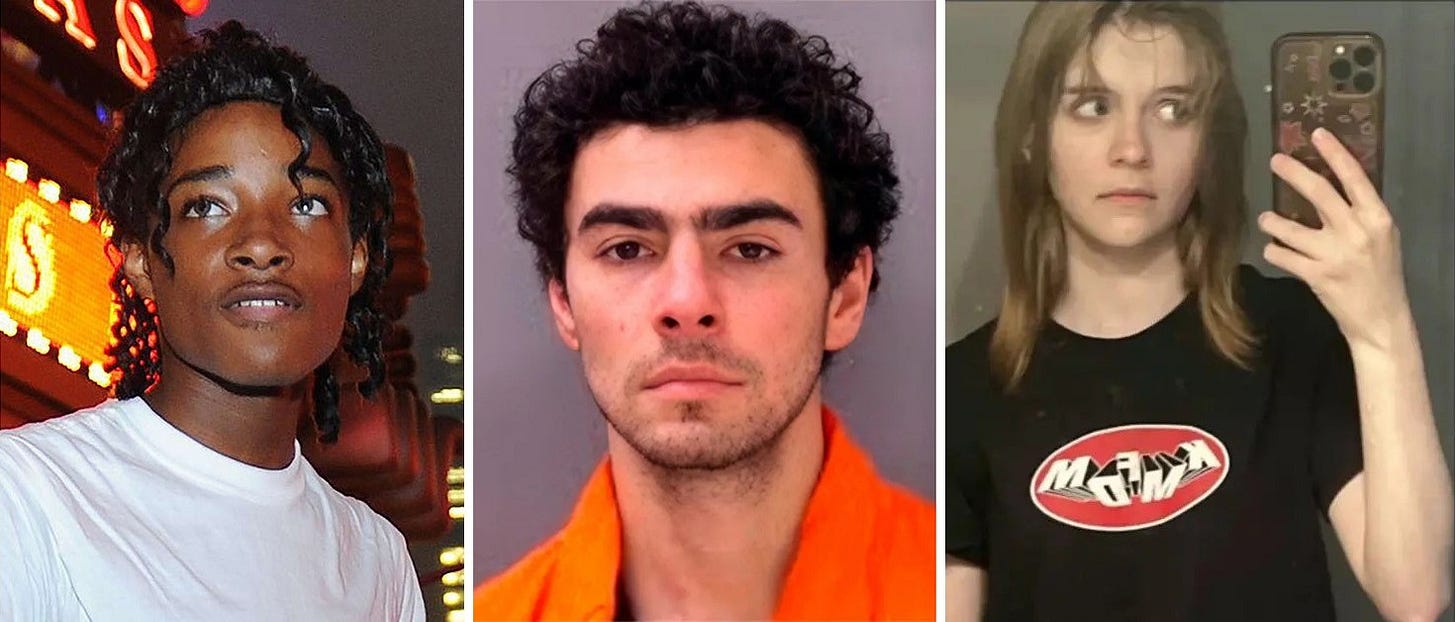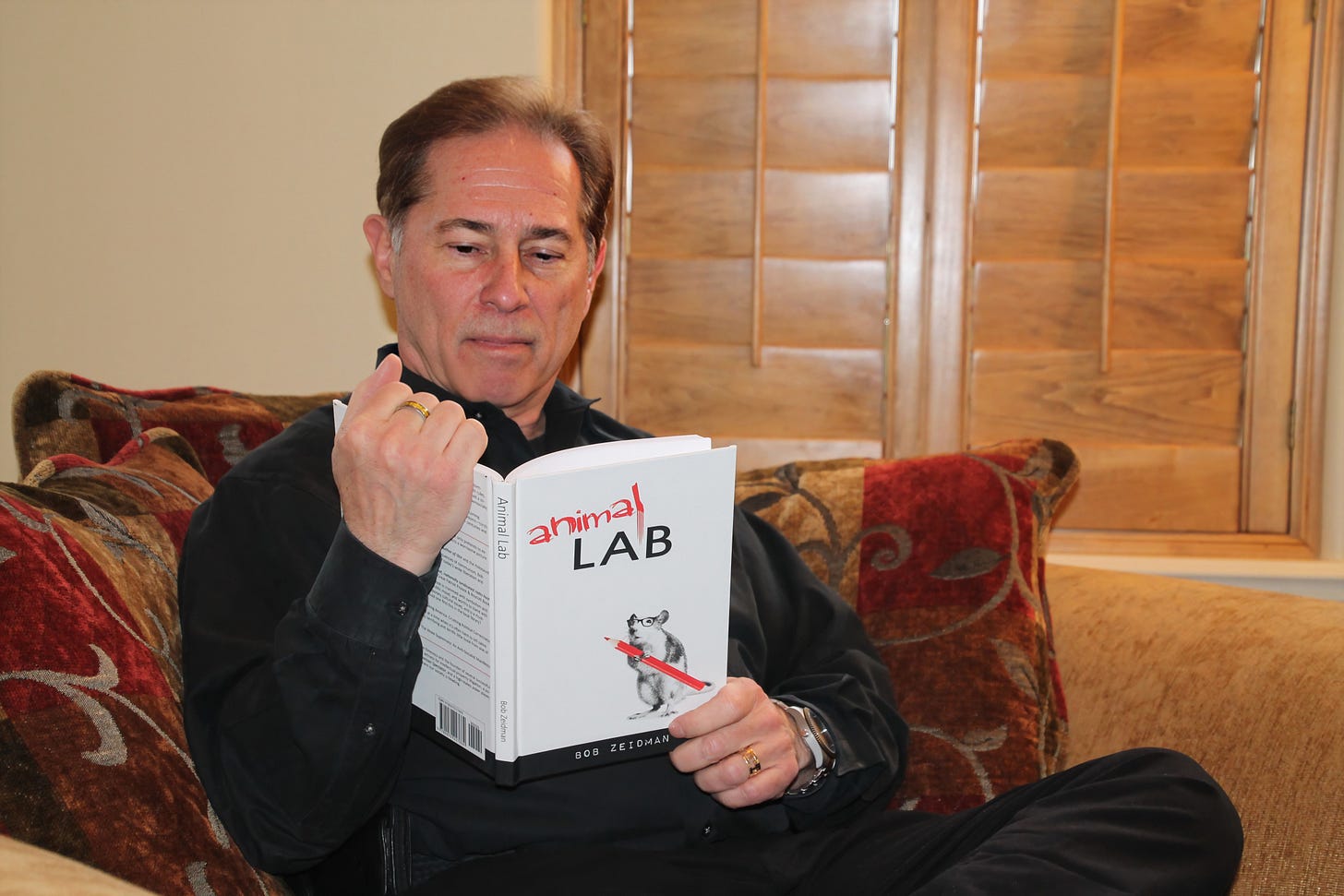There has been a movement for decades to stop “shaming” people. While shaming people for “bad” inherent characteristics such as skin color is loathsome, shaming people for bad behavior is a different matter. Looting is shameful. Rioting is shameful. Resisting arrest is shameful. Despite woke progressives saying otherwise.
In recent years there have been public service announcements, often by Hollywood celebrities with the message that shaming people for mental health problems is wrong. Their message is, literally, it’s OK to not feel OK. But is it?
The answer is no. It's a simple slogan, but it oversimplifies the issue. Mental health problems, like physical problems, can’t be generalized into a simple slogan. Doing so creates serious problems.
Like physical problems, there are degrees of mental health problems. A bad back can be painful but not serious. Or it can be a serious, life-changing injury. A pain in the chest could be indigestion or a heart attack. Ignoring it or minimizing it can be fatal.
Someone might argue that taking something seriously is different than stigmatizing something. We might also disagree on what constitutes stigmatization. But I would argue that these anti-stigmatization campaigns don’t necessarily help people with mental problems get needed help, rather they make it seem like, well, like it’s OK to have mental problems. It's not.
These ads minimize the issues of mental health problems rather than direct people to seek care as they should be doing. And they discourage others from reporting people with dangerous mental health issues that need to be treated immediately to the appropriate authorities. Unlike serious physical problems that can only have serious consequences for the person with the problem, serious mental health problems can have serious consequences for those around them too.
Recent incidents in the news emphasize the need for realistic thinking about this. Jordan Neely had serious psychiatric problems that went untreated. Despite 42 arrests, the homeless shelters where he stayed from time to time never treated him. If they recommended him for treatment, it seems that he never took the treatment. He was a danger to society; he should have been forced to get help. He should have been stigmatized, in which case, he might still be alive. Instead, on May 1, 2023, Neely threatened passengers on a New York subway—not the first time—and was restrained by good Samaritan Daniel Penny. Neely was high on drugs and died while experiencing a schizophrenic episode, but it was Penny who was arrested for murder. Many media outlets and liberal activists criticized Penny for harming an unfortunate sufferer of mental health problems.
It has been surmised that Luigi Mangione, the young, good-looking, Ivy League educated, accused murderer of United Healthcare CEO Brian Thompson had mental health problems. Had someone “stigmatized” him into getting therapy, would things have been different? If someone had “stigmatized” him by warning the police of his target, would Brian Thompson still be alive?
School shooters almost always show signs of mental illness that go untreated before their violent acts. Most have had serious trouble at school. Most have had previous run-ins with the law. Yet most states have laws that severely restrict the ability to hospitalize people for mental illness. California, for example, only allows involuntary hospitalization if a person poses an immediate danger to themselves or others, and that hospitalization is for only three days at most.
Certainly, people need to be reassured that everyone experiences occasional episodes and even long periods of difficulty—anxiety, depression, or loneliness, for example. These feelings are common, but not OK. Such people need to be consoled while also encouraged to seek help. But those who suffer more serious issues—paranoia, schizophrenia, bipolar disorder—need to be strongly encouraged to seek help. And if they don’t seek such help, there need to be ways to force them to get such help and isolate them from society until they have recovered. Because they are not OK; they represent a serious ongoing danger to themselves and to others. As a society, we need to encourage people not to ignore mental illness, not to accept mental illness, but to once again stigmatize mental illness and act on it appropriately, with compassion when possible but with urgency when necessary.
About the author
Bob Zeidman is the creator of the field of software forensics and the founder of several successful high-tech Silicon Valley firms including Zeidman Consulting and Software Analysis and Forensic Engineering. His latest venture is Good Beat Poker, a new way to play and watch poker online. He is the author of textbooks on engineering and intellectual property as well as award-winning screenplays and novels. His latest book is Election Hacks, the true story of how he challenged his own beliefs about voting machine hacking in the 2020 presidential election and made international news and (possibly) $5 million.







My immigrant neighbors allow all kinds of troublesome people off the streets into their apartment. It has the appearance of being drug related. I think some are definitely mentally ill. They let one inside who taunted and mocked me from their window for an hour while I was waiting for a delivery.
I posted the incident with the immigrants on the neighborhood app. Instead of denouncing the behavior, they wanted to know why I used the word "immigrant" and how did I know that they were immigrants. One man wanted to know what I did "to be picked on". The neighborhood app deleted the post because someone complained about it. Actually I didn't read terms of conduct on the app. I didn't realize that personal disputes are not permitted, so I was wrong in that respect.